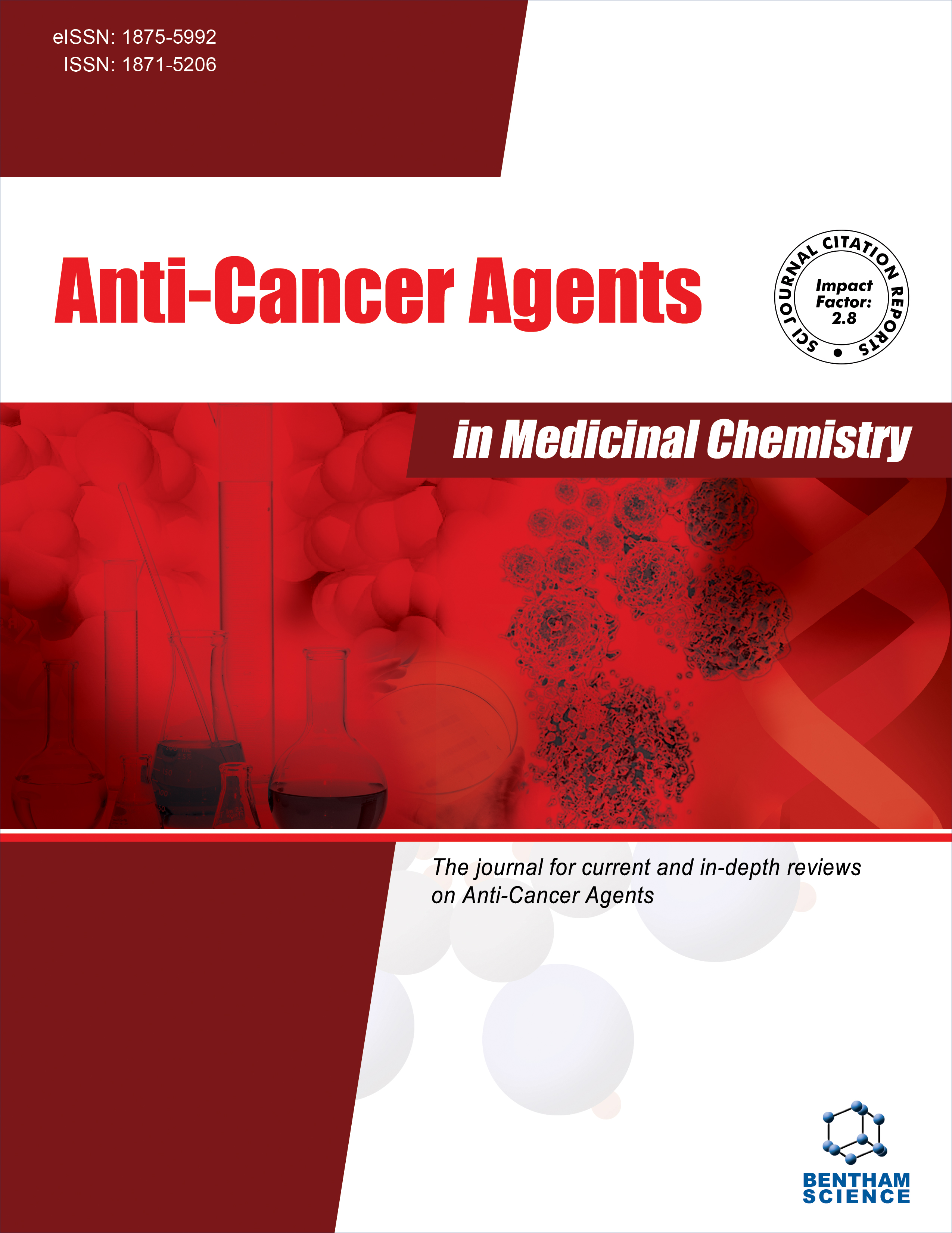
Full text loading...
Certain types of non-Hodgkin lymphoma, such as Follicular Lymphoma (FL) and Diffuse Large B-Cell Lymphoma (DLBCL), often necessitate multiple treatment approaches. One promising avenue is immune checkpoint inhibition, specifically targeting the programmed cell death protein 1 (PD-1). Pembrolizumab, an immunotherapy medication, acts by inhibiting the PD-1 pathway and has gained approval from the United States Food and Drug Administration (FDA) for treating various cancers, including melanoma, Hodgkin lymphoma, lung cancer, and endometrial cancer. This meta-analysis aims to assess the impact of pembrolizumab on patient outcomes and survival in the context of B-cell lymphoma.
This study adhered to The Preferred Reporting Items for Systematic Reviews and Meta-Analyses (PRISMA) statement. Two independent reviewers conducted a thorough search of electronic databases up to September 28, 2023. We included studies that investigated the effects of pembrolizumab treatment on patient outcomes and survival in individuals diagnosed with B-cell lymphoma. All statistical analysis was performed by STATA V.17.
Our meta-analysis encompassed 13 eligible clinical trials involving 426 B-cell lymphoma patients. The study findings revealed a Disease Control Rate (DCR) of 63%, Overall Response Rate (ORR) of 42%, Complete Response Rate (CRR) of 23%, and 1-year Overall Survival Rate (OSR) of 64%. Notably, 65% of patients experienced Treatment-Related Adverse Events (TRAEs) of any grade, with 39% encountering grade ≥ 3 TRAEs. The most prevalent grade ≥ 3 TRAEs included anemia, neutropenia, thrombocytopenia, and lymphopenia.
The utilization of pembrolizumab, both as a monotherapy and in combination with other drugs, presented encouraging outcomes in patients with B-cell lymphoma.

Article metrics loading...

Full text loading...
References


Data & Media loading...
Supplements

